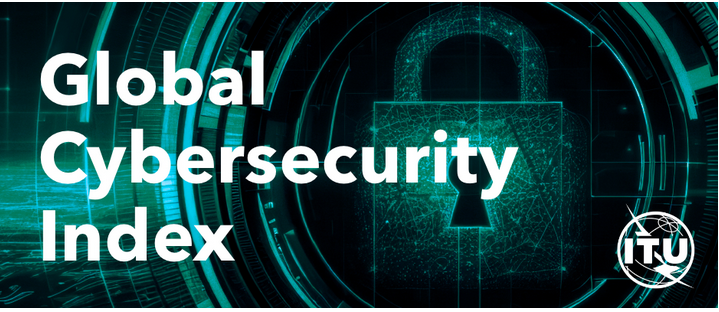By Martin Ekpeke
The 2024 Global Cybersecurity Index (GCI), released by the International Telecommunication Union (ITU), has highlighted a significant gap between Nigeria and its African counterparts, Mauritius and Rwanda. Despite being Africa’s largest economy and a burgeoning tech hub, Nigeria has fallen behind these nations in cybersecurity preparedness.
Other African countries, including Ghana, Tanzania, and Kenya, have also outperformed Nigeria in the GCI rankings. This underscores the urgent need for Nigeria to address its cybersecurity shortcomings.
The GCI assesses countries across five key pillars: legal measures, technical measures, organizational measures, capacity building, and cooperation. Nigeria’s lower ranking indicates systemic issues that hinder its ability to establish a resilient and coordinated cybersecurity infrastructure.
Security expert, Remi Afon, has attributed Nigeria’s lower ranking to several factors, including:
- Lack of Implementation of the National Cybersecurity Policy and Strategy (NCPS): Despite having a national cybersecurity policy in place, Nigeria has struggled to effectively implement it across government and private sectors.
- Inadequate Capacity Building: A shortage of trained cybersecurity professionals within Nigeria’s public and private sectors has limited its ability to respond to cyber threats.
- Outdated Cybercrime Legislation: Nigeria’s existing cybercrime laws are insufficient to address modern cyber threats, such as ransomware and deepfakes.
- Underfunding of Cybersecurity Initiatives: Insufficient funding has hampered Nigeria’s efforts to invest in cybersecurity infrastructure and capacity building.
- Delayed Operationalization of the National Cybersecurity Coordination Centre (NCCC): The NCCC, a crucial body for coordinating cybersecurity efforts, has faced full operational delays.
- Inactivity of the Cybercrime Advisory Council: The council’s lack of activity has hindered the developing and implementation of effective cybersecurity strategies.
Afon warns that without swift action to address these issues, Nigeria’s digital ecosystem will remain vulnerable to various cyber threats.




